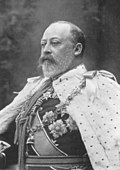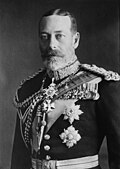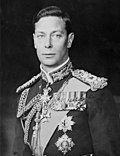This article relies largely or entirely on a single source .(June 2013) |
This is a list of monarchs who have reigned over the Pacific island of Niue. The island today is a self-governing territory in free association with New Zealand, and recognises the Sovereign in Right of New Zealand as the head of state. Before this, however, the island previously had an indigenous monarchy, established around the beginning of the 18th century.
Contents
- List of patu-iki
- Imperial rule and free association
- List of British monarchs reigning over Niue
- List of New Zealand monarchs reigning over Niue
- Timeline of kings and queens regnant
- See also
- Notes
- References
- Sources
Before that time, there appears to have been no national government or national leader in Niue. Chiefs and heads of family exercised authority over segments of the population. Around 1700, the concept and practice of kingship appears to have been introduced through contact with Samoa or Tonga. From then on, a succession of patu-iki (kings) ruled the island, the first of whom was Puni-mata. The monarch was non-hereditary; patu-iki were reportedly elected by the Niuean population, with the candidates being issued from influential families. As described by Percy Smith in 1903, Niue appears therefore to have been a democratic elective monarchy.








